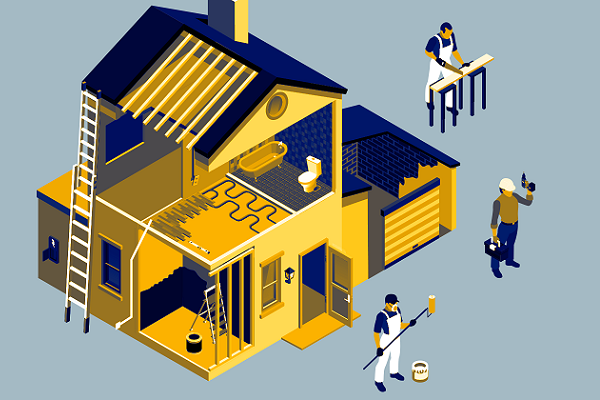Supporting safety across new and old industries

Industry is continually innovating and redefining best practice. To align with industry development and promote consumer and user safety, Standards Australia and building industry committees have looked to developing new documents and updating old ones to deliver guidance and give professionals confidence in meeting regulatory requirements and support consumer safety.
Cooling down urban hot spots
Across the world, city centres will see an increase in temperatures by more than four degrees Celsius by 2100. Despite cities taking up only 3% of the earth’s surface, more than half the world’s population live in them. As populations within cities increase, it is vital urban planning finds ways to keep in the cool.
An effective way to cool down urban spaces is via Urban Green Infrastructure (UGI), an industry dedicated to reducing heat in urban areas by providing greener and shadier infrastructure. This might be through the introduction of tree canopies, parks, or yards and other methods. Additional research has found that green spaces contribute to decreased health care costs, crime reduction, and increased health improvement and conservation of remnant vegetation.
Standards Australia Technical Committee PC-002, HB Urban Green Infrastructure Framework – design, implementation, valuation and maintenance, has kicked off a project to develop a UGI handbook SA HB 214 – Urban Green Infrastructure Framework – design, implementation, valuation and maintenance.
SA HB 214 will provide nationally consistent definitions and terminology and introduce a uniform framework to guide planners and practitioners on how to incorporate UGI into a wide range of infrastructure projects.
Copper standards to be reviewed
Historically copper alloys have been made with lead to improve the materials’ machining. However, lead is a well-known toxicant that affects multiple organs including the brain, liver and kidneys. Lead accumulates over time and is stored in teeth and bones. All levels of lead exposure carry a risk of harmful effects.
Industry has looked to developing alloys with lower levels of known hazards such as lead to promote better consumer and user safety.
The National Construction Code (NCC) has defined requirements for plumbing products that come into contact with drinking water, including maximum allowable lead content.
To align with industry developments and support standard users in meeting regulatory requirements, Standards Australia committee MT-002, Copper and Copper Alloys, has kicked off a project to update a suite of aged standards which do not include alloys developed in the past 20 years.
It is expected that the revision will see the standards include a more comprehensive range of materials and align with a global drive to see a reduction in exposure to toxic materials.
MT-002, Copper and Copper Alloys, will be revising the following standards:
- AS 1565, Copper and copper alloys – Ingots and castings
- AS/NZS 1568, Copper and copper alloys – Forging stock and forgings
- AS/NZS 1567, Copper and copper alloys – Wrought rods, bars and sections
- AS 1572, Copper and copper alloys – Seamless tubes for engineering purposes
- AS 2738, Copper and copper alloys – Compositions and designations of refinery products, wrought products, ingots and castings
Guidance on building commissioning
Building commission is an integral part of a project’s life cycle. It is a process in which building systems are designed and constructed to best practice.
There are many industry groups in which building commissioning are needed, from traditional building services such as electrical, protection and hydraulics, to architectural automated building elements, to information technology supporting smart buildings.
In an Australian first, Standards Australia committee TS-001 – Building Commissioning, has published a technical specification with the objective to support the industry by providing guidance in streamlining processes and practices within a building project’s life cycle.
The recently published technical specification, SA TS 5342:2021, Building Commissioning, aims to fill the gaps between different Australian Standards to provide an integrated whole-of-building commissioning process.
